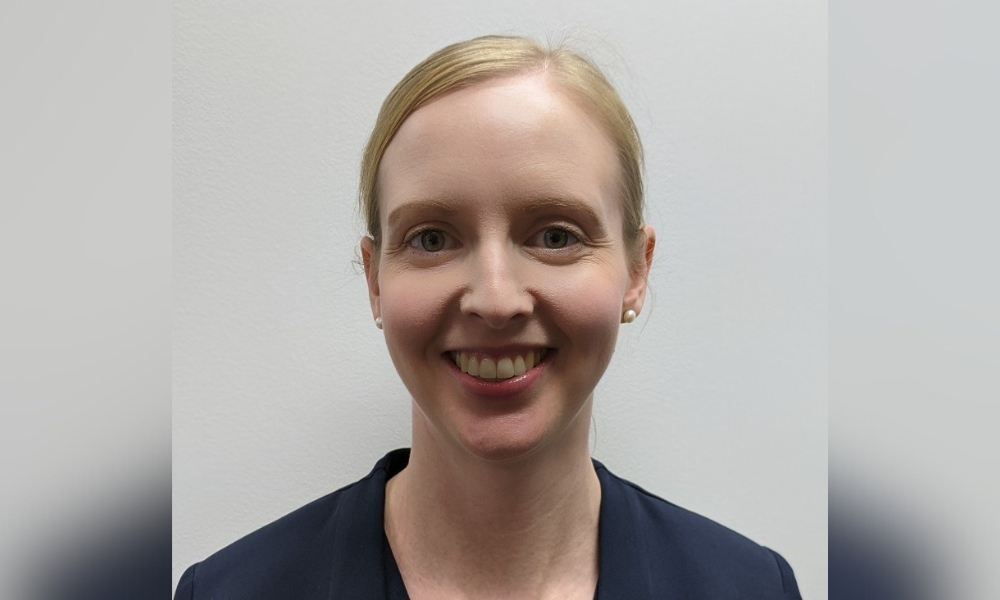
'HR can play a critical role… and enable that culture'

Businesses that have strong “dynamic capabilities” are more productive, profitable and resilient, according to new research from the Committee for Economic Development of Australia (CEDA).
“We know that the business world is very uncertain, and there’s more uncertainty on the horizon,” Melissa Wilson, Senior Economist at CEDA, told HRD Australia. “And what we found is that businesses that are the most dynamic are the most likely to survive and thrive in that uncertain world.”
The benefits of productivity is that it enables you to do more with less, Wilson said.
“It enables your employees to really focus on where they can add the most value to your firm.”
CEDA’s research involved a survey of 149 business leaders, asking questions about their company’s innovation and performance during the COVID-19 pandemic.
In addition to greater profits and customer satisfaction, there are also positive employee-related outcomes.
“The most dynamic firms were more likely to increase their headcount and more likely to implement strategies to reduce turnover, to improve training and skills, to increase employee satisfaction and to increase their employee commitment as well,” she said.
Companies with stronger dynamic capabilities have also been more innovative in the wake of the pandemic. According to the report, 54 per cent of top performers overhauled their management processes in the first few months of the pandemic, compared with 26 per cent of the weakest firms.
Having more diverse board members was another key characteristic of businesses that were more dynamic. According to CEDA, these were businesses with more female directors; executives with science, technology and engineering expertise; and leaders with international experience.
“We know that a more diverse leadership team can build that really valuable culture, which really does lead to developing the [dynamic] capabilities but also to translating those capabilities to outcomes in terms of the business performance,” Wilson said.
The phrase refers to qualities that can help improve a business’ success, including “sensing”, “seizing” and “transforming”.
“When we're talking about these dynamic capabilities, we think about them in three buckets,” she said. “The first one is around sensing: Does the business have the capability to look externally to see opportunities and threats coming their way to sense customer needs?
“And then after sensing is seizing: So whether they can grasp those opportunities. Can they capture some value from those opportunities? Can they mitigate some of the threats? Can they shape their markets and provide value for their customers?
“The last one is transforming. And that's about whether the business has the capability to renew themselves from time to time as needed.”
The weakest area for Australian companies was transformation, said Wilson, but it’s an important aspect for business leaders to consider.
“It's really critical if they want to have that longevity and want to survive long term.”
There are several ways HR teams can encourage a more dynamic business culture, she said. One of which is creating the space – and having the people, time and money – to develop these opportunities and to think about innovation for the future.
“HR can play a critical role there in encouraging firms to carve out that space to make time for discussion and reflection to think about things we could stop doing so we can carve out some of that space to look ahead,” she said.
Another key area for HR teams to foster a thriving business is to encourage a culture of listening to, and acting on, feedback.
“We know that firms typically don't have a good handle on where their capabilities are currently at,” Wilson said. “So the first step is finding out and learning from that. And in our research, we found that the most dynamic firms were also more open to feedback and finding out where their capabilities are up to. We offered them a report on how they stood compared to the broader sample in our survey, and the most dynamic firms were more likely to tick and say, ‘Yes, I'd like to see that report and find out where we fit’.”
Businesses can also become more dynamic by encouraging all levels of business to sense new opportunities, being open to – and acting on – new ideas, and taking a better approach to failure, she said.
“I think it's really critical that a business has a tolerance of failure and a culture around constructive conflict, where people feel like they can bring ideas to the table [and say] ‘Here's what I'm seeing at the coalface at the customer level’,” said Wilson. “And HR can help to enable that culture, which means that employees can add their voice to that conversation.”